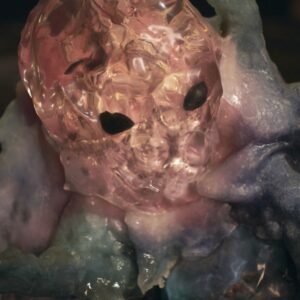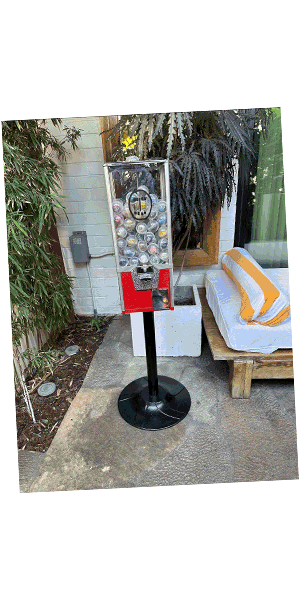
Many students choose to study Art in academia. And it comes as no surprise because Art as a discipline is not only prestigious, but it also has the bulk of benefits. And it seems to be true, as the abundance of data exists that demonstrates that students who study Art—whether their major is Art or it is a subject within a different discipline—improve their learning effects. The article discusses the reasons why Art is vital in every educational institution and what advantages it has.
It Boosts Students’ Engagement
Many learners usually lack motivation or inspiration to study. Art helps make the learning process more interactive and exciting. The thing is, Art concentrates on positive accomplishments, which helps students foster an optimistic attitude toward their studies and lives as a whole. Moreover, Art motivates students to cooperate, express their stance on specific works, and exchange their impressions by various performances. This, in turn, also grows their confidence.
It Bolsters Creativity
Creativity is a sought-after skill for every person. No one likes following monotonous and mediocre patterns. In such a way, Art comes in handy. Students who study a complete degree in Art or have a class related to Art are aware of what creativity is. Through performances and evaluations, they gain the necessary experience to make their viewpoints unique and flexible. And this paper writing service confirms that Art plays a pivotal role in students’ critical thinking, decision-making, and problem-solving skills.
It Helps In Learning Languages
Art includes music, drama, creative writing, painting, sculpture, and many more. It requires following numerous patterns to complete various assignments. For instance, those who attend music classes must read notes and remember them. In turn, drama requires learning scripts to perform. Such actions stimulate students’ brains and keep them more efficient and productive for a longer time. When the brain is active, it can absorb new concepts faster. As a result, Art classes can help students improve their English or any new language.
It Helps In Learning Mathematics
Many young learners face severe problems when it comes to mathematics. They can’t employ simple actions, such as subtraction and addition. And suppose this issue isn’t resolved in elementary school. In that case, the odds are high that those students will have low mathematical skills by the end of their studies. One of the most effective ways to help youngsters learn mathematics is through Art. Sufficient data are supporting this statement. Not only does Art require proportional thinking, but it also demands measurement and even number manipulation in some instances. Moreover, Art helps learn geometric and spatial relations and boosts estimation abilities.
It Develops A Taste
Although many claim art purposeless, it is still beneficial. Art helps people develop personal aesthetics and taste. It demonstrates what beauty and proportion are. Art students deep dive into various works to analyze conflict, emotion, interaction, pure joy, or sadness. It helps students understand tragedy or bliss, to live the moment the music or drama plays. Art is extensive, and it has a dozen movements to spark everyone’s attention and help advance exclusive taste.
It Helps Evolve Leadership Skills
A strong sense of identity is one of the most critical abilities Art promotes. This feeling can result in robust planning. It helps learners develop their leadership skills and utilize them when building various strategies. Such strategies can have a profound impact on the students’ surroundings.
Art is vitally important in education. Those who study Art or have classes related to it have higher performance, motivation to study, and developed aesthetics and strong leadership abilities. Art is helpful in many ways, and the six mentioned benefits ultimately prove it.





